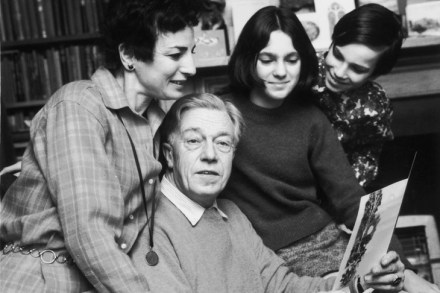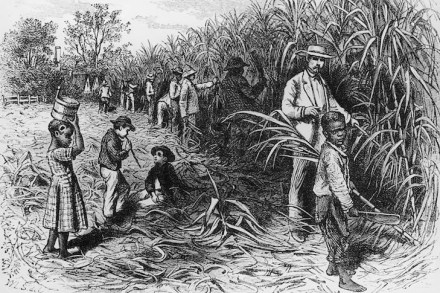Highly charged territory
I first heard of this tragicomic spy romp around Israel and Palestine when Julian Barnes sang its praises in the Guardian a few months ago, having been ‘lucky to see an advance proof’. Lucky? Well, he and Nathan Englander do share an agent, who perhaps noticed that Dinner at the Centre of the Earth just




















